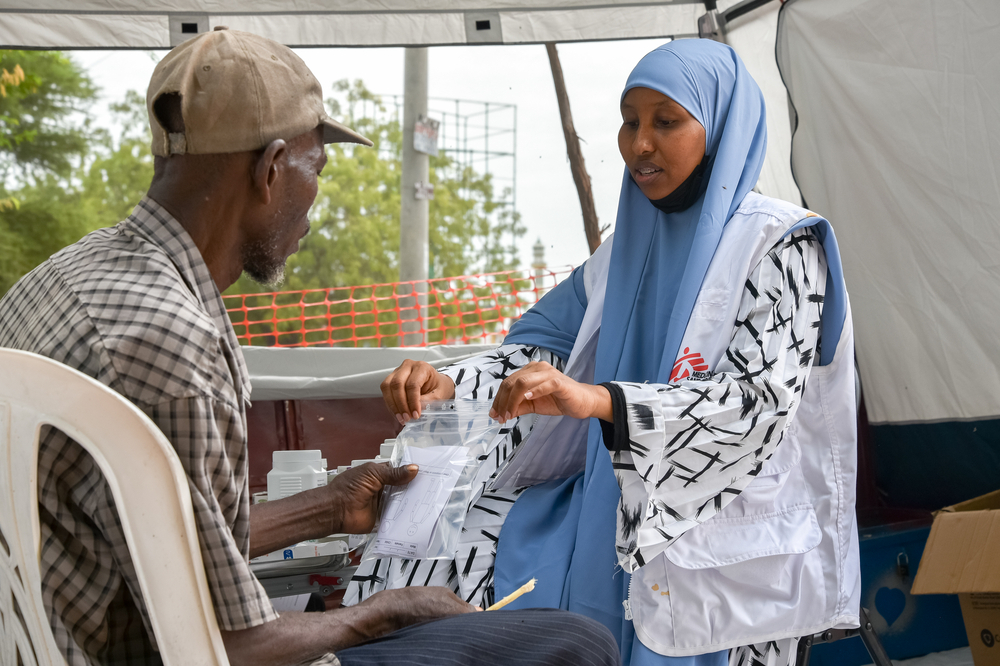“Those who wonder what climate change looks like should come to Mozambique,” says my colleague Adamo Armado Palame.
“We are bearing the brunt of actions by the world’s most polluting countries. We now have malaria all year round and are struck by cyclone after cyclone.”
Adamo works as a health promotion supervisor with Doctors Without Borders/Médecins Sans Frontières (MSF) in Mozambique, his home country. His words ring true in many other places around the world.
As MSF teams respond to health crises in more than 70 countries, we witness firsthand how climate change and environmental degradation threaten people’s health. We see the direct consequences – such as death, injury and trauma during extreme weather events – and the indirect health impacts, through food insecurity and shifting patterns of infectious diseases. And we see how they are experienced most acutely by people and communities already in the most vulnerable circumstances, who are least responsible for producing greenhouse gas emissions.
In this edition of Dispatches, we explore how human health and environmental health are intrinsically intertwined. In the Pacific island nation of Kiribati, one of the countries most vulnerable to the impacts of the climate crisis, MSF teams report rapid environmental changes are driving food insecurity and poor diets – leading to high rates of chronic diseases, including Type 2 diabetes.

emergency medical support when floods displaced more than 100,000 people from their homes. Kenya, 2023. © MSF/Johnstone Vusena
We’ll also look at how human-induced climate change, fuelled by natural El Niño weather conditions, made 2023 the hottest year in recorded history – and how MSF teams are helping communities prepare for the consequences.
At the same time, we’re seeing the rapid proliferation of climate-sensitive, vector-borne diseases like malaria and dengue around the world. Together with local partners, MSF teams in Honduras are trialling a dengue-prevention method in the country for the first time. This includes releasing mosquitoes carrying the natural Wolbachia bacteria, which reduces their ability to transmit the disease.
MSF must adapt our work to meet the needs of people most affected by the climate emergency.
It’s all too clear the climate emergency is not a future problem. It’s happening right now. MSF continues to call on world leaders to live up to their commitments under the Paris agreement and Agenda 2030 and to take urgent action to protect the health of the most affected communities.
MSF is – and must continue – adapting our medical humanitarian operations to meet the needs of the people who are most affected by the climate emergency. Thank you for the vital role your support has in making this possible.